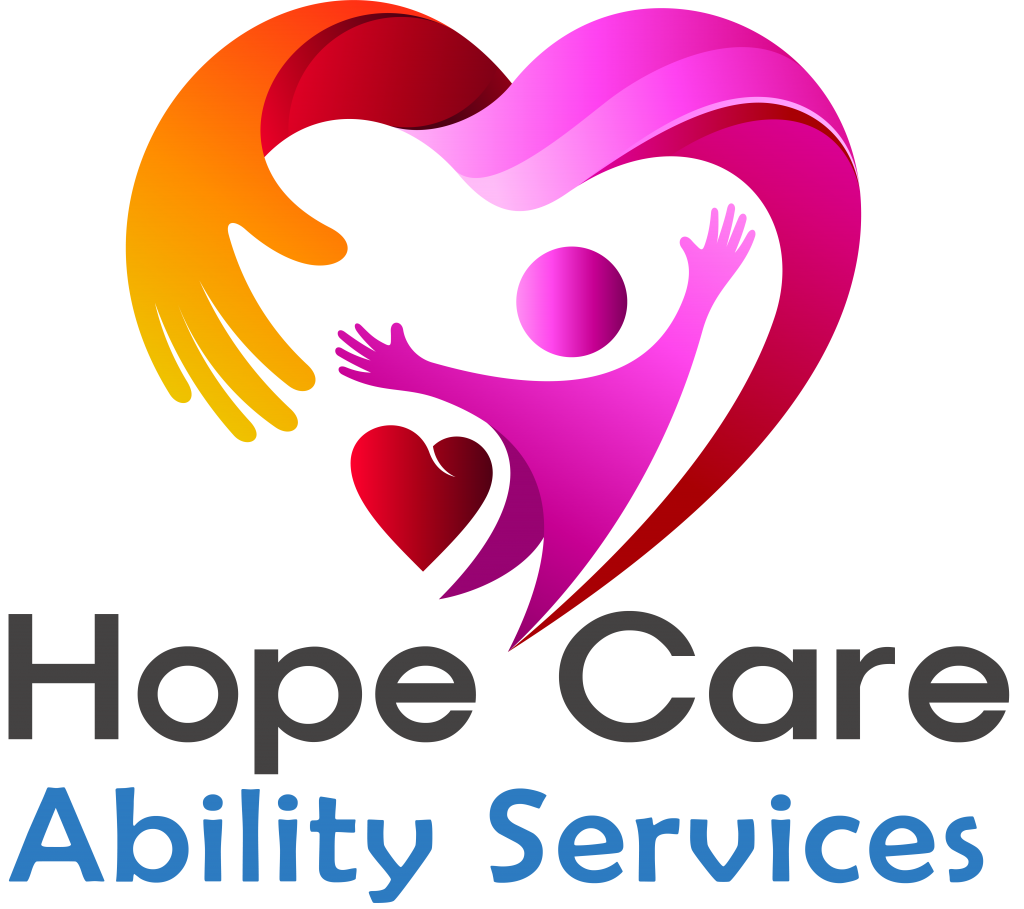Support Coordination
The NDIS is the biggest change to Australian disability support since their inception in 1969. The NDIS will make a significant difference to people with disability, their families and carers. It recognises that everyone’s needs are different and provides greater choice about how people receive support.
However, the transition from state government-based services to the NDIS can be difficult for individuals who have lived in poverty for much of their lives. This means that it is important for individuals with disabilities and their families/carers to understand what support coordination is all about as well as how it can help them achieve better outcomes under the NDIS framework
It is about helping people understand their NDIS plan, coordinating services and providers to meet the goals in your plan and helping you get the most out of your NDIS funds.
Support Coordination is about helping people understand their NDIS plan, coordinating services and providers to meet the goals in your plan and helping you get the most out of your NDIS funds. It’s important that people with disability have choice over who provides them with support. So Support Coordinators can only provide you with information about how to use your plans, what funding options are available for different types of support and where to find providers in your area who might be able to assist you. They cannot tell you what type or level of services or supports you should choose from all the options available in your plan, nor can they refer any particular provider or service on behalf of a client unless it is an approved provider under their contract with us (some contracts also allow for non-approved providers as well).
Support Coordination may include:
As a support coordinator, you may also be involved in: Understanding your client’s NDIS plan and ensuring that services and providers are delivering supports as agreed. Helping your client get the most out of their NDIS funds by identifying what is being purchased and how it will be used. This may include reviewing purchase claims and arranging for replacement items to be delivered where appropriate.
Development of capacity - building skills and confidence in areas such as planning and decision making.
In terms of capacity building, this can be done through training and support. Support coordinators can help people build capacity in areas such as planning and decision making. This helps them make decisions about their lives that are based on their own needs, wants and interests. It also helps them to make choices about how they want to live their lives, rather than having the choices made for them by others who do not know what is best for them or what is important for them to achieve in life at any particular moment in time. Capacity building can help people make decisions about how they want to live their lives Capacity building enables people with disabilities to become empowered as individuals
Establishing informal supports or networks – informal supports refer to people who are willing to provide support to a person with disability, but are not part of an organisation. Networks can be connections between family and friends, peers, organisations or advocacy groups.
Informal supports are people who are willing to provide support to a person with disability, but are not part of an organisation. Informal supports can be family members, friends or other peers. They may also consist of connections between people, such as service providers or advocacy groups.
Informal supports can be very important in helping a person with disability feel less alone and more connected to their community.
Finding suitable providers – identifying, engaging and managing the relationship with service providers so that they deliver the agreed upon supports at a reasonable cost.
Service providers are the people, organisations or community-based services that provide supports to consumers. Service providers can be paid for by either the NDIS or the consumer.
The NDIA identifies and engages service providers in order to conduct a needs assessment and develop an individualised plan for each consumer.
The consumer, the consumer’s family members or their plan coordinator can identify their own supports.
If a provider is known to have experience working with people with disabilities, they may be referred to as an ‘identified’ service provider (this means they have already been placed on the NDIS Provider Directory).
An identified support may also be paid for directly through the NDIA if it meets their guidelines and criteria (which includes being non-profit)
Helping People understand their NDIS Plans
In order to access the NDIS, you need to get your plan. You can do call 1300 800 850 and ask for help from a staff member. They will be able to explain how the NDIS works and provide you with some information about your first steps.
People with disability have a right to support and should be able to access the supports they need. We believe that the NDIS is a great opportunity for people with disability to plan their own lives, but it’s not always easy. If you feel like you’re stuck in a cycle of not knowing what your next step should be or feeling overwhelmed by all the information out there then we can help!
